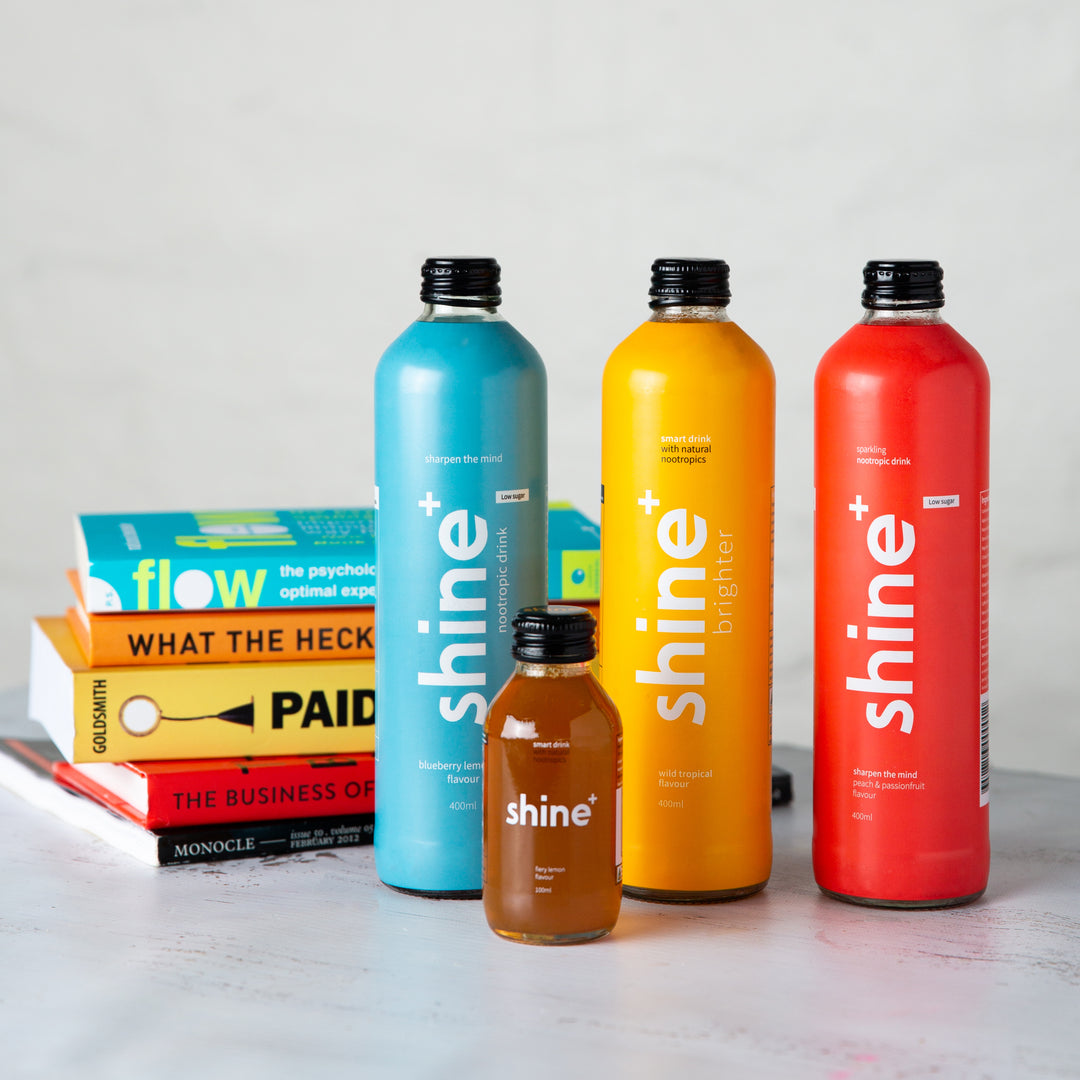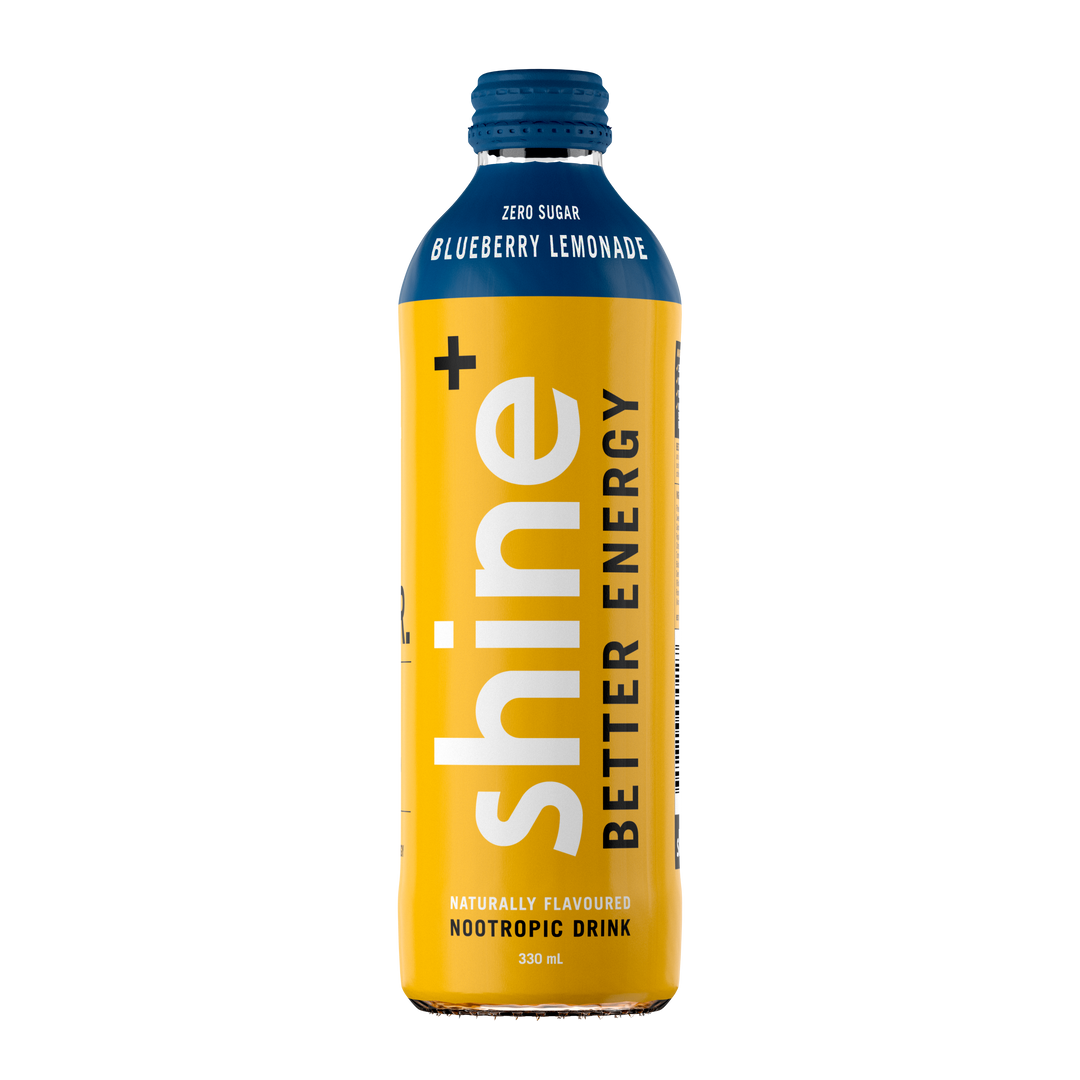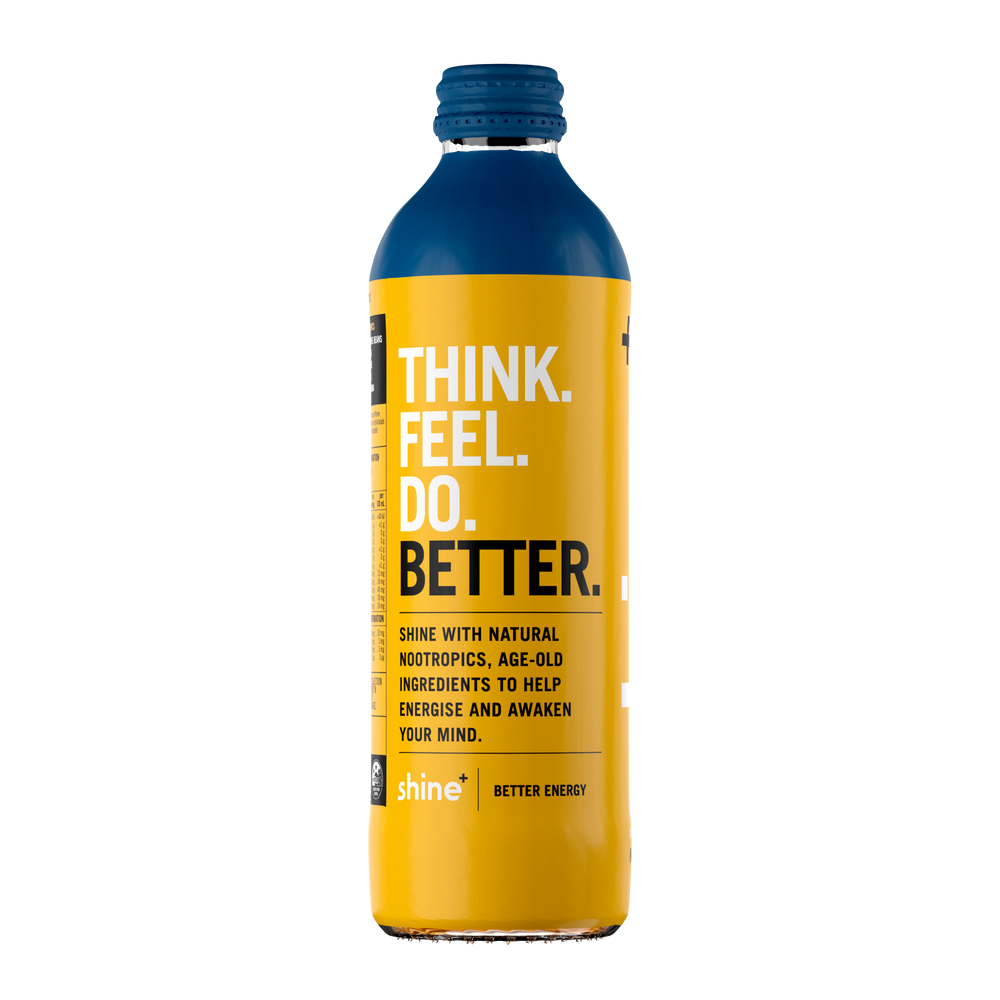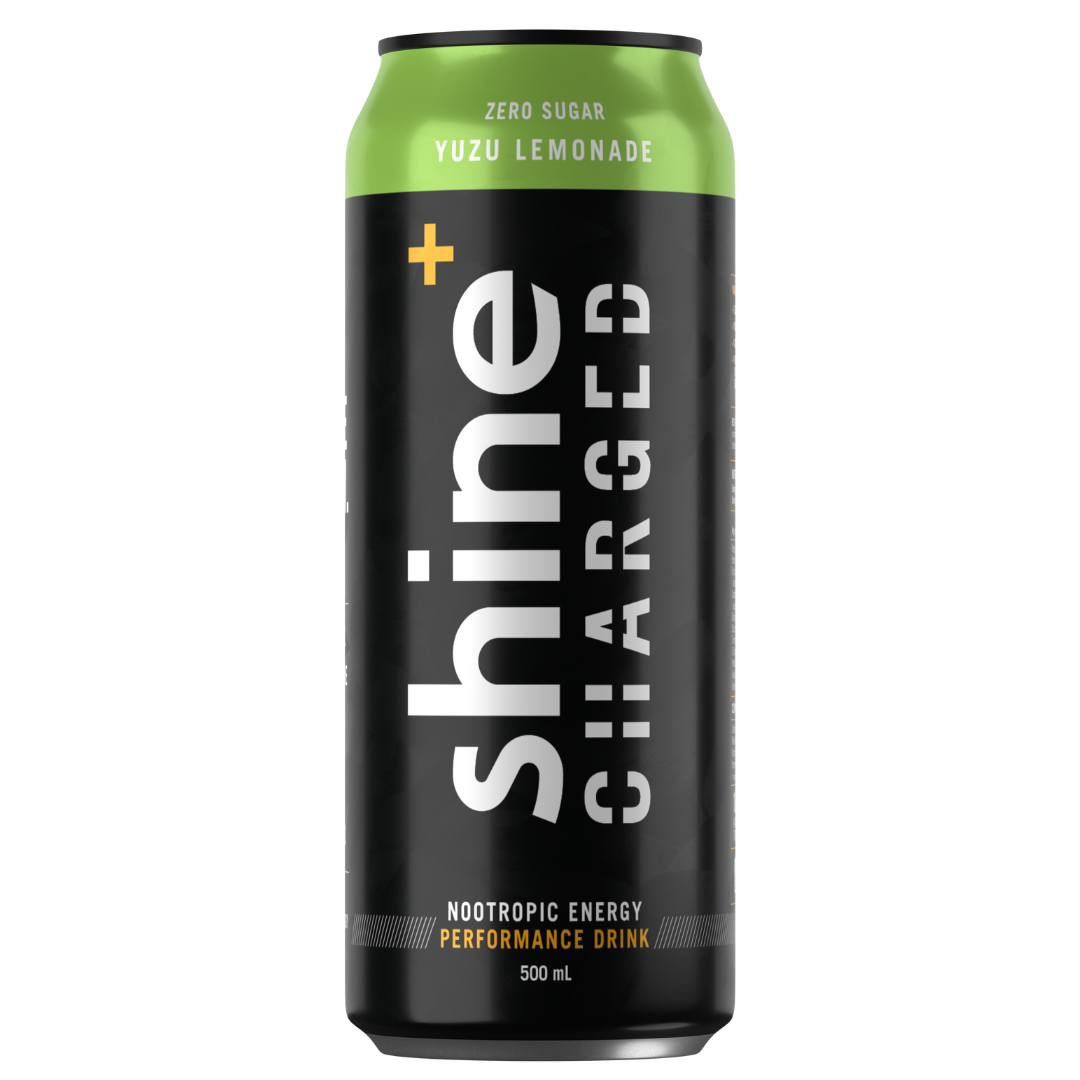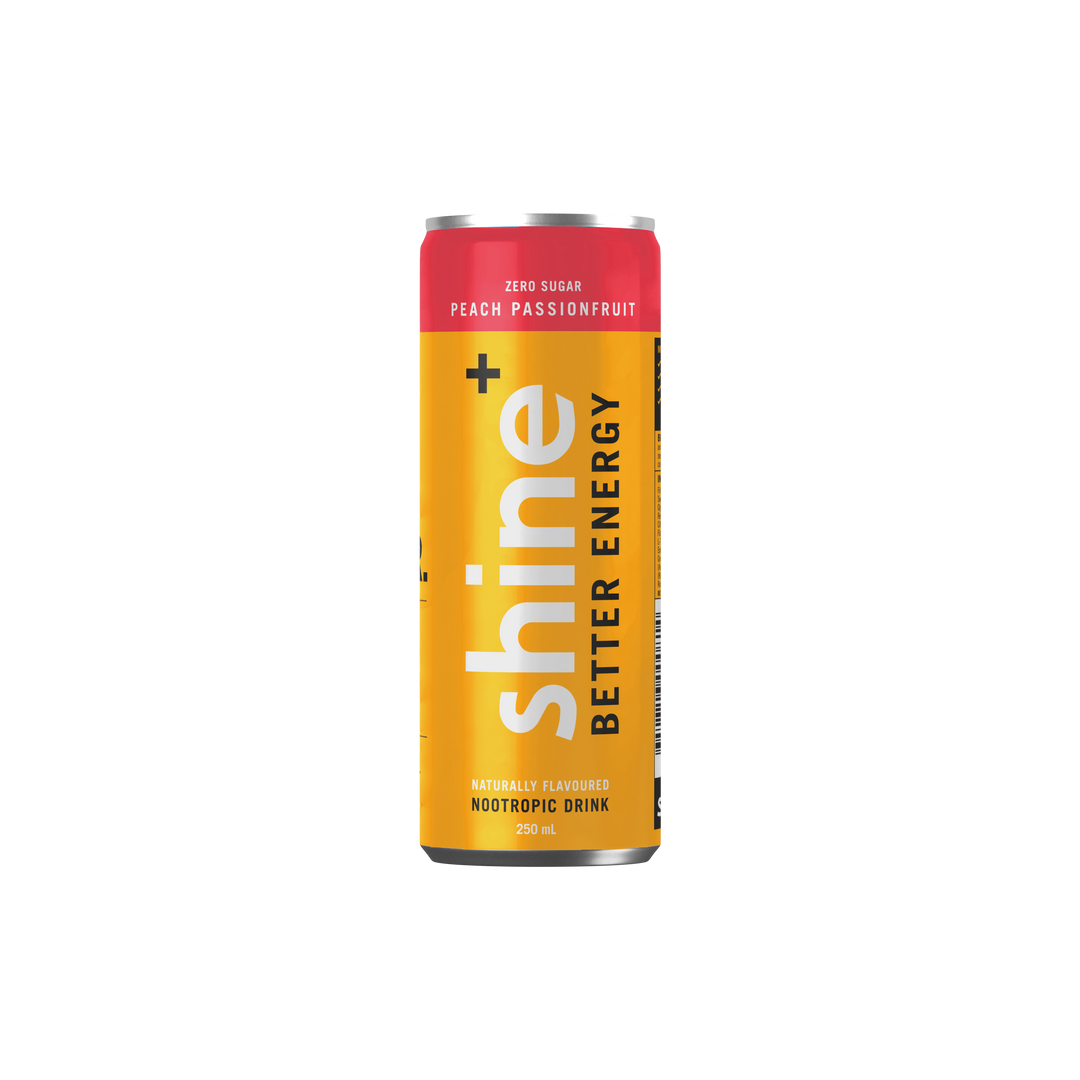THE MENTAL DOPING EPIDEMIC – YOU’RE PLAYING AT A DISADVANTAGE
Highlights
-
It has been found that Australian students are using a range of substances, which may enhance cognitive ability
-
These cognitive enhancers may alleviate feelings of fatigue, while improving short term memory, focus and concentration
-
Long-term safety of many of these drugs have not been established
-
Natural alternatives a safe and effective option forward
Lance Armstrong may have been the cycling doping king, but a study conducted in 2013, has found students from Australia are the kings of cognitive doping, beating out both the U.S and Germany.
It’s 11:00pm at night, you’re either cramming for an exam you have tomorrow or you’re attempting to finish off an assignment. You’re fatigued, unable to focus and quickly losing concentration. Let’s look at a comparable sporting analogy. You’re a cyclist in the tour de France, and in the middle of a key stage in the race. Your legs are burning with the exponential increase of lactic acid, your minds starting to wander, when suddenly, your competitor, who has the exact same oxygen capacity and fitness rides past you looking like he’s doing it easy. Chances are this guy’s doping.
Well guess what? This isn’t just happening in sport’s anymore, it’s happening in the arena of academics, and yes, you’re playing at a disadvantage.
If you could stay up all night without feeling fatigued, would you? If you could improve your ability to concentrate when you need to most, would you? It seems many Australian students have said yes, with a new report detailing Australian students have some of the highest “doping” rates in the world, beating out both the U.S and Germany.
So what does this mean exactly? What is a cognitive enhancer? Do they work? Are you playing at a disadvantage if you’re not taking them? And what are the health implications of taking these study drugs?
A cognitive enhancer is usually characterised as a substance that can amplify or extend the core capacities of the mind. Knowing this, let’s look into one of the most popular and used cognitive enhancers, Modafinil.
Modafinil
Modafinil is a wakefulness-promoting medication licensed for the treatment of narcolepsy (A condition, which is characterized by excessive daytime sleepiness). Modafinil’s mechanism of action is still not completely understood, however, the current hypothesis suggests that modafinil may increase both norepinephrine and dopamine, two important neurotransmitters in the brain associated with learning. So what does this mean exactly and what does science have to say about Modafinil’s effect on learning?
A plethora of scientific research conducted on Modafinil over the last 10 years, has shown that between 200mg – 400mg of Modafinil may enhance a person’s ability to:
-
Learn complex concepts
-
Reduce feelings of fatigue
-
Boost short term working memory by as much as 10%, perfect for a student who’s cramming
This seems great, right? But, what are the risks associated with Modafinil?
Most of the modafinil students buy is ordered off the internet, meaning they don’t know what they’re buying exactly - it could literally be anything. Further, a study conducted by Dr Nora Volkow, who utilised PET brain imaging scans, demonstrated that doses of 400mg had effects in areas of the brain associated with substance abuse and dependence. Additionally, with no long term studies on Modafinil no one really knows how this drug affects long-term memory, something many students should consider.
Bearing in mind the risks of taking something like Modafinil, what other options are out there that are safe, while allowing you to get the edge and improve your cognitive abilities? The answer, natural herbal ingredients including:
-
L-theanine (found naturally in tea)
-
Ginkgo Biloba
-
Curcumin found in Turmeric
-
Rhodiola rosea
L-theanine
L-theanine is psychoactive compound derived from the leaves of the Camellia Sinensis. L-theanine is extremely safe and a large body of scientific evidence has demonstrated that the combination of caffeine with L-theanine helps improve attention, reaction speed and alertness greater than caffeine alone. L-theanine has been shown to help reduce the jittery effects associated with caffeine through the increase of alpha waves in the brain.
Ginkgo Biloba

Ginkgo is derived from one of the oldest species of tree known, dating back 300 million years and is the most commonly ingested herb for brain health. Ginkgo Biloba is used to improve cerebral circulation, mental alertness, and overall brain functioning.
Turmeric (curcumin)

Despite Turmeric’s humble beginnings, which is thought to have originated throughout India during 1500BC, it has now become one of the most popular superfoods within western culture. Turmeric contains the active ingredient curcumin, which gives the plant it’s beautiful orange-like colour. Curcumin is also a potent anti-inflammatory and anti-oxidant and may assist in optimising brain function.
Rhodiola Rosea
Rhodiola Rosea, an herb traditionally used in Chinese medicine and has been shown to reduce fatigue and is said to be neuroprotective. Technically, Rhodiola Rosea is also an adaptogen, a substance which enhances the body’s ability to cope with mental and physical stress.
Taking herbals extracts listed above will give you a natural edge in the academic arena, while not putting yourself at a potential health risk, which is commonly associated with synthetic cognitive enhancers such as modafinil.
Whether you’re a gamer who needs to be at their best, a student that needs to focus or an athlete who needs bring their A-game, try some of these natural alternatives and see the difference they can make. As always, nothing beats the lowest hanging fruits such as healthy eating, adequate hydration and regular exercise.
WORDS BY ANDREW DEWEZ
Mazanov, J., Dunn, M., Connor, J., & Fielding, M. L. (2013). Substance use to enhance academic performance among Australian university students. Performance Enhancement & Health, 2(3), 110-118.
Mohamed, A. D., & Lewis, C. R. (2014). Modafinil increases the latency of response in the hayling sentence completion test in healthy volunteers: a randomised controlled trial. PloS one, 9(11), e110639.
Linssen, A. M. W., Sambeth, A., Vuurman, E. F. P. M., & Riedel, W. J. (2014). Cognitive effects of methylphenidate in healthy volunteers: a review of single dose studies. International Journal of Neuropsychopharmacology, 17(6), 961-977.


